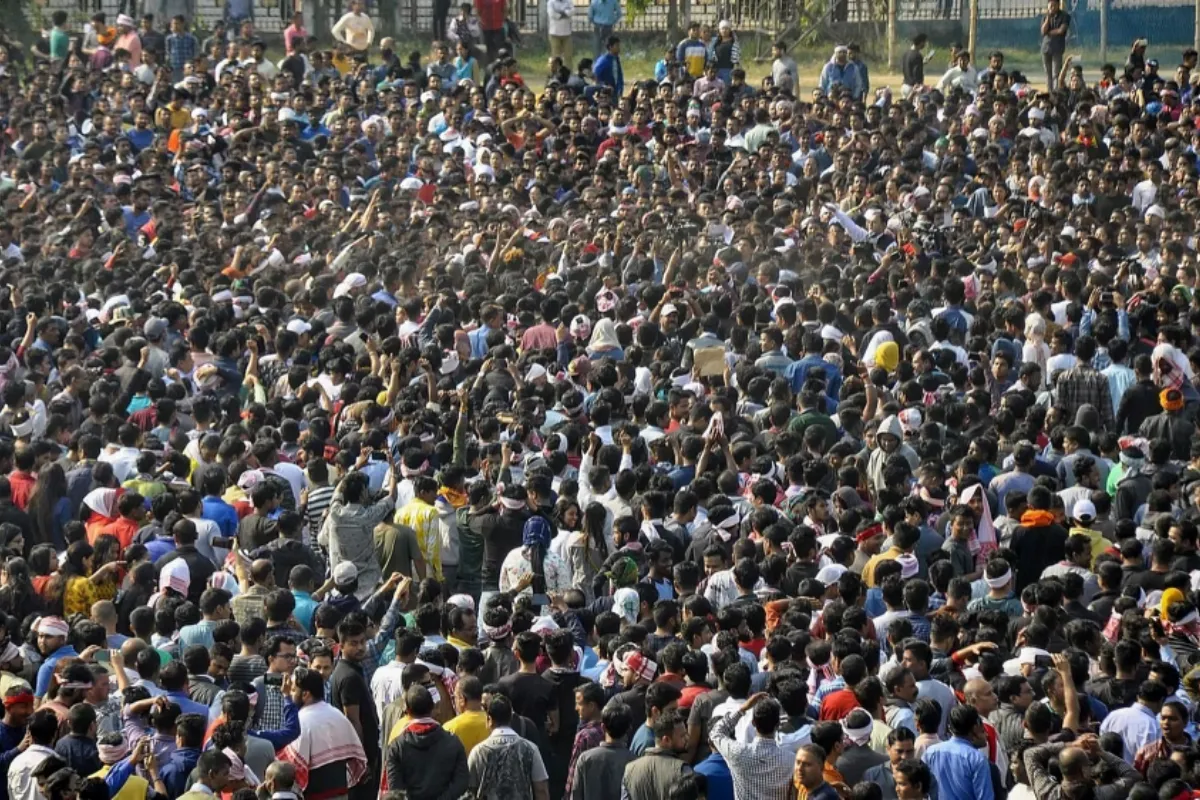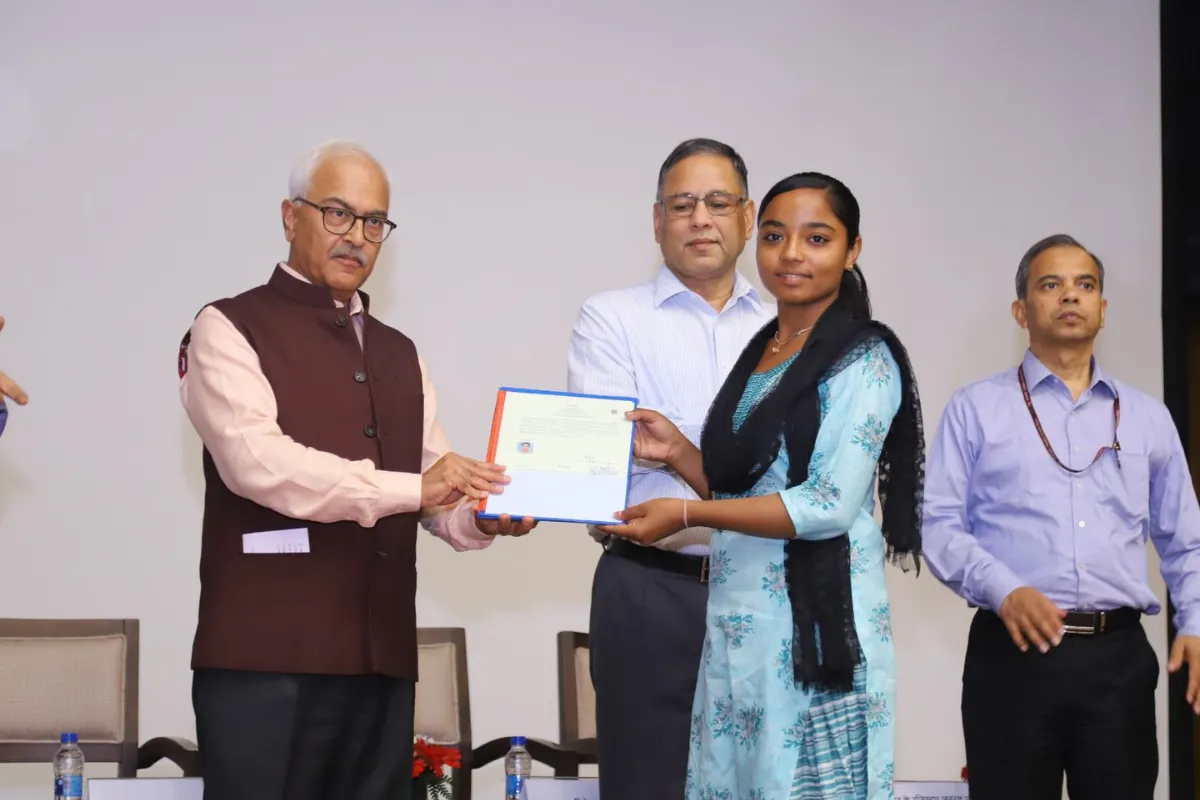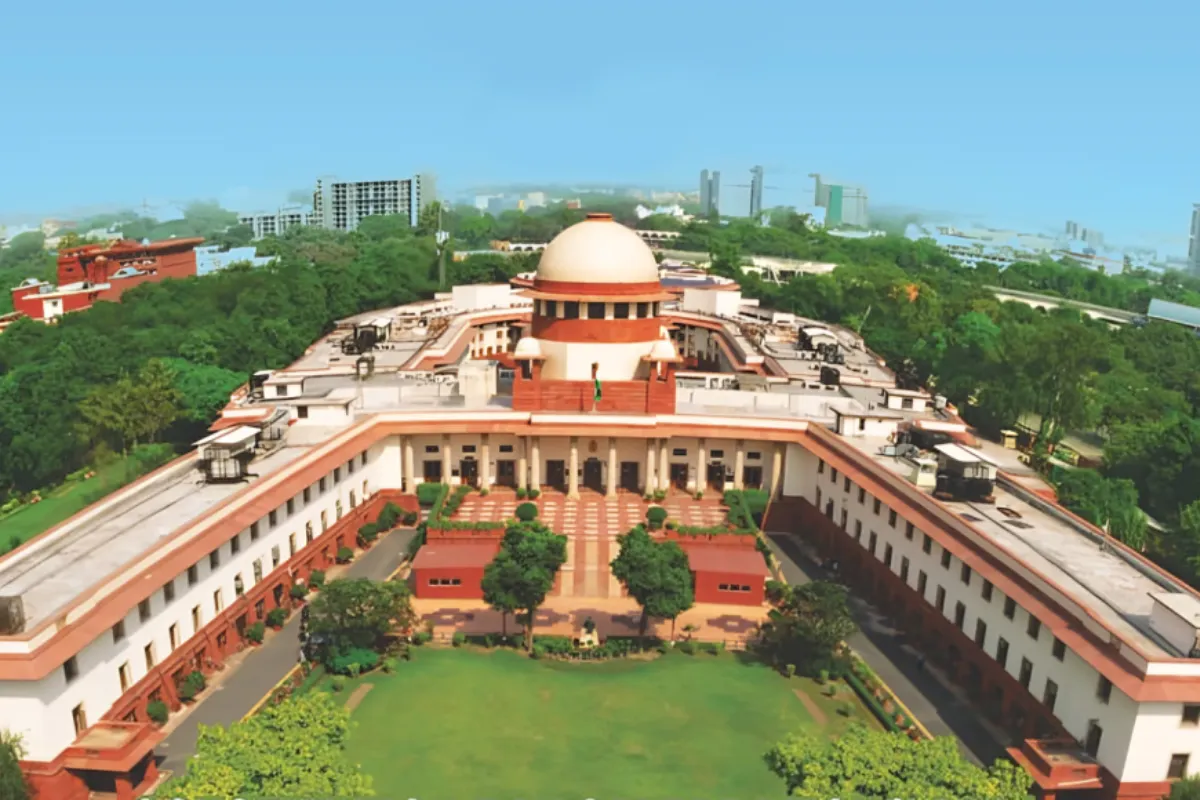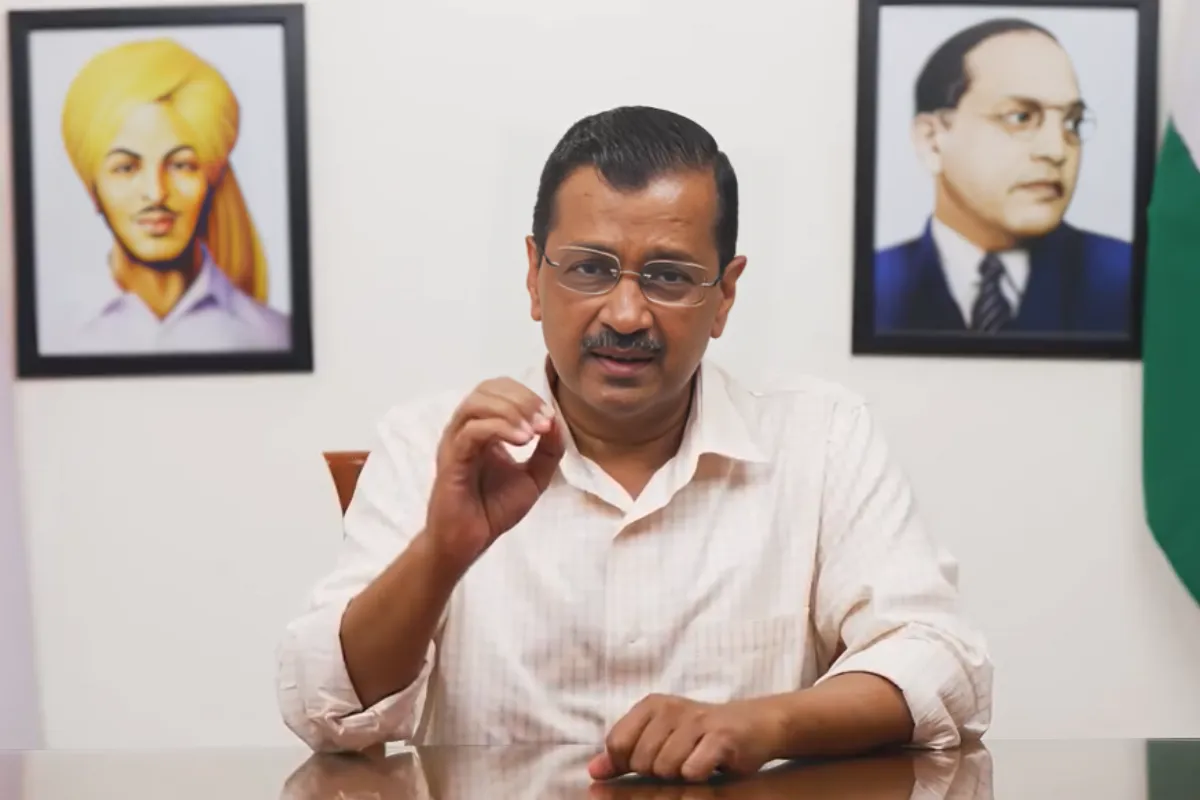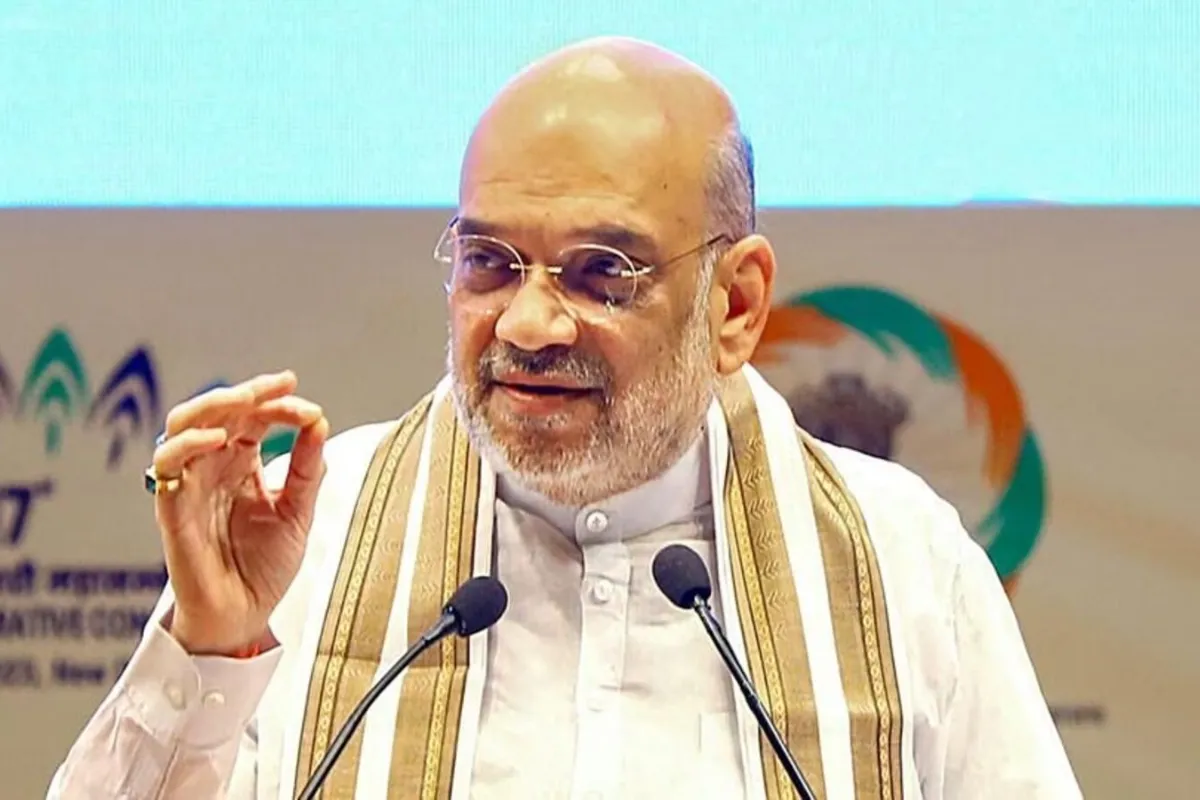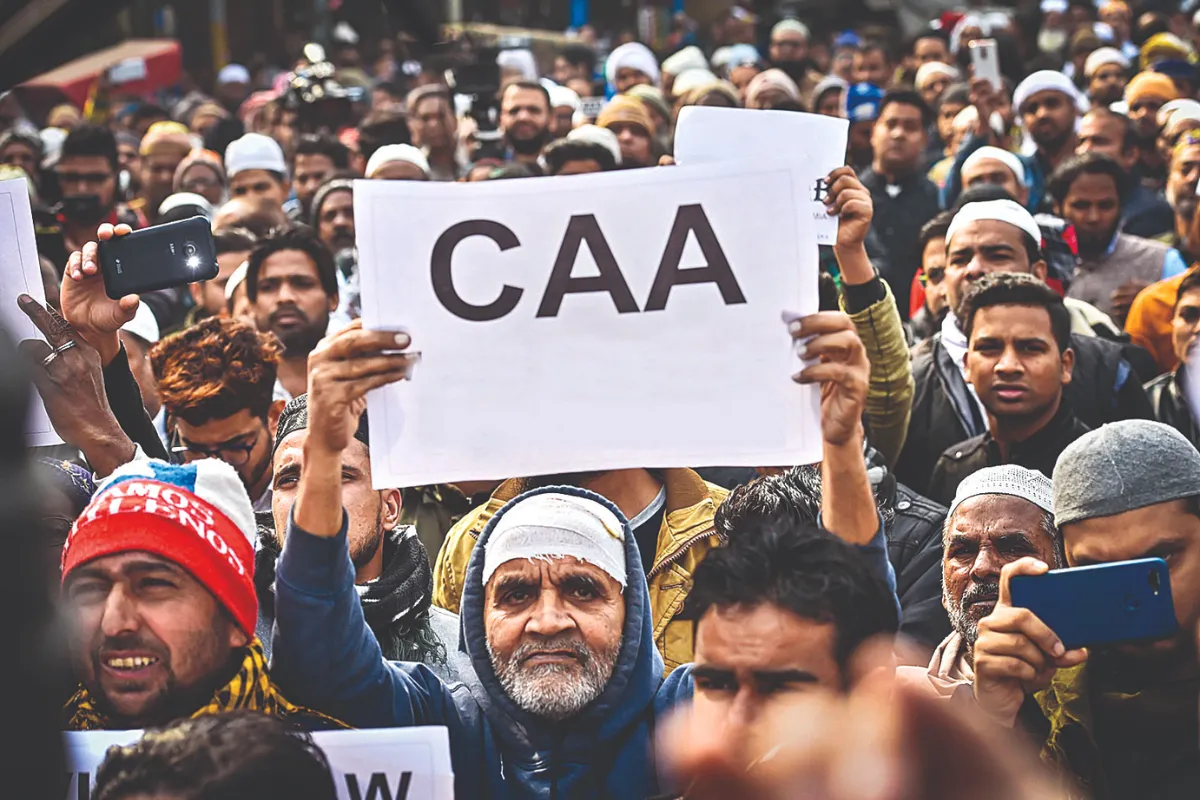Citizenship Amendment Act: On Monday, the central government implemented the Citizenship Amendment Act (CAA) across the country, issuing a notification in this regard. However, this announcement has sparked opposition nationwide, including in the state of Assam. Amidst this, the issue of the National Register of Citizens (NRC) has also gained prominence. Many are confused about whether CAA and NRC are the same and if both laws are against Muslims. This article aims to clarify the differences between CAA and NRC.
What is CAA?
The Citizenship Amendment Act (CAA), passed by the Indian Parliament in 2019, aims to provide expedited Indian citizenship to persecuted religious minorities from three neighboring countries – Bangladesh, Pakistan, and Afghanistan. The focus is on Hindus, Sikhs, Christians, Buddhists, Jains, and Parsis who entered India before December 31, 2014. The CAA does not include Muslims, leading to concerns and controversies over potential religious discrimination.
What is NRC?
The National Register of Citizens (NRC), established under the Citizenship Act of 1955, is a specific record of Indian citizens. Its primary objective is to identify valid Indian residents, and so far, it has been implemented exclusively in the state of Assam. However, Home Minister Amit Shah has announced plans to expand the NRC nationwide to identify illegal immigrants. The government has clarified that the NRC has no affiliation with any religion in India and its sole purpose is to remove illegal infiltrators from the country.
Differences between CAA and NRC
- CAA focuses entirely on providing citizenship to illegal immigrants residing in India, while NRC specifically records Indian citizens.
- Despite government assurances, concerns have been raised about the potential combined impact of CAA and NRC.
Why Muslims Oppose CAA?
Muslims are opposing this law for various reasons. Many believe that the Citizenship Amendment Act (CAA), along with the proposed National Register of Citizens (NRC), could lead to discrimination against India’s 180 million Muslims, constituting the world’s third-largest Muslim population. There is a fear that, in conjunction with the CAA, the proposed National Register of Citizens (NRC) could result in the loss of citizenship for Muslims in bordering states without proper documentation.
Why Protests in Assam?
States, including Assam, are also participating in the opposition to the Citizenship Amendment Act (CAA). Opposition parties and regional organizations in Assam have called for peaceful protests. Meanwhile, the Guwahati police have issued legal notices to organizations calling for the shutdown of Assam against the CAA. The Guwahati police have stated that if any government or private property, including railways and national highways, is damaged or if any citizen is injured, legal action will be taken.
Interestingly, in Assam, it is predominantly Hindus who are opposing this law. Assam shares a 263 km long border with Bangladesh, and there is a significant influx of illegal immigrants happening on a large scale from there. Opponents of the CAA in Assam argue that the law violates the provisions of the Assam Accord signed between the central government and the All Assam Students’ Union (AASU) in 1985. It is anticipated that the opposition to the CAA in Assam may intensify in the coming days.
AIMJ President Maulana Shahabuddin Rizvi supports the Citizenship Amendment Act (CAA)
Regarding the CAA notification, Maulana Shahabuddin Rizvi, the President of All India Muslim Jamiyyathul Ulama (AIMJ) Barelvi, stated, The Indian government has implemented the CAA law. I welcome this law. It should have been done long ago. There are many misconceptions among Muslims about this law. This law has nothing to do with Muslims. Earlier, there was no law to grant citizenship to non-Muslims facing religious persecution from Pakistan, Afghanistan, and Bangladesh. Therefore, this law was created. It will not affect millions of Muslims in India at all. This law does not take away the citizenship of any Muslim. In recent years, there have been protests, and the reason for this was misunderstandings. Some political figures created misunderstandings among Muslims. Every Muslim in India should welcome the CAA.
No Need for Concern Among Indian Muslims
The central government, in an attempt to dispel fears about the law, stated in a statement on Tuesday that Indian Muslims should not worry about the Citizenship Amendment Act (CAA) as it cannot take away their citizenship. The Ministry of Home Affairs mentioned in a statement that the 180 million Indian Muslims have equal rights like their Hindu counterparts, and there is no requirement for them to submit any documents to prove their citizenship, similar to any other citizen.


